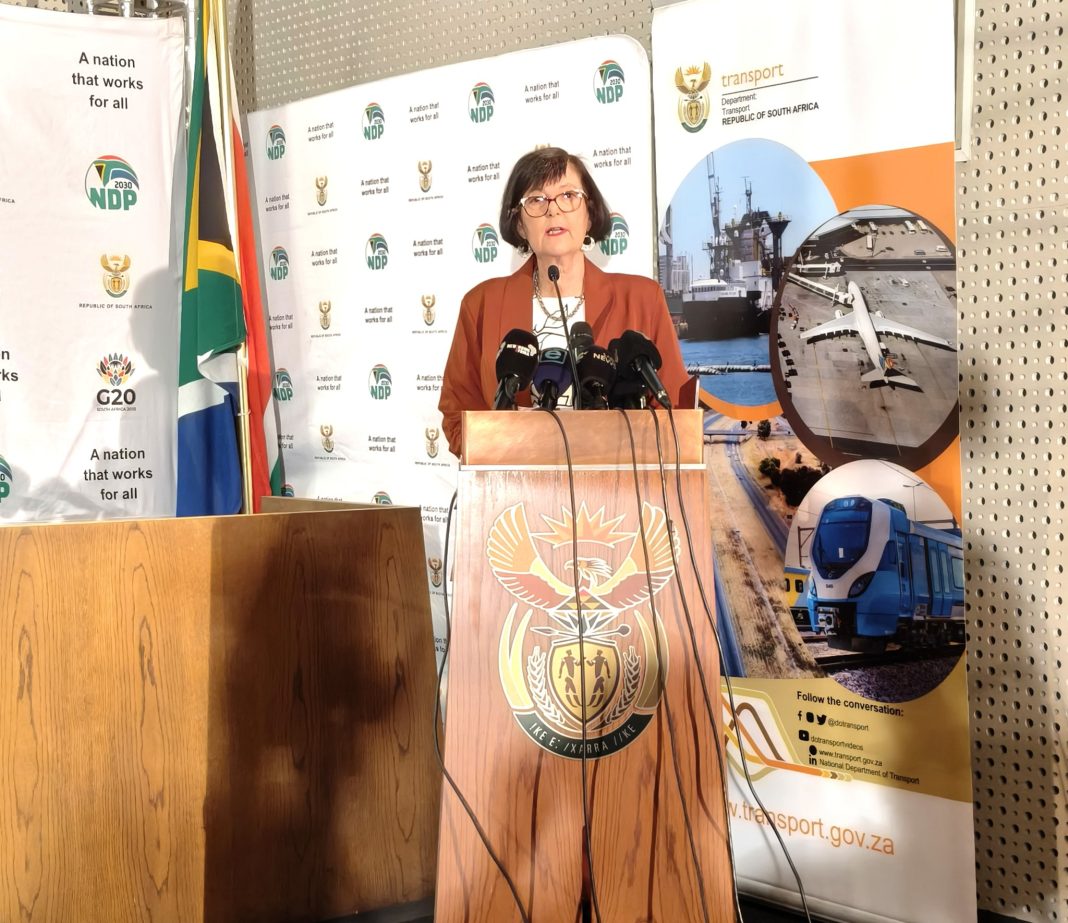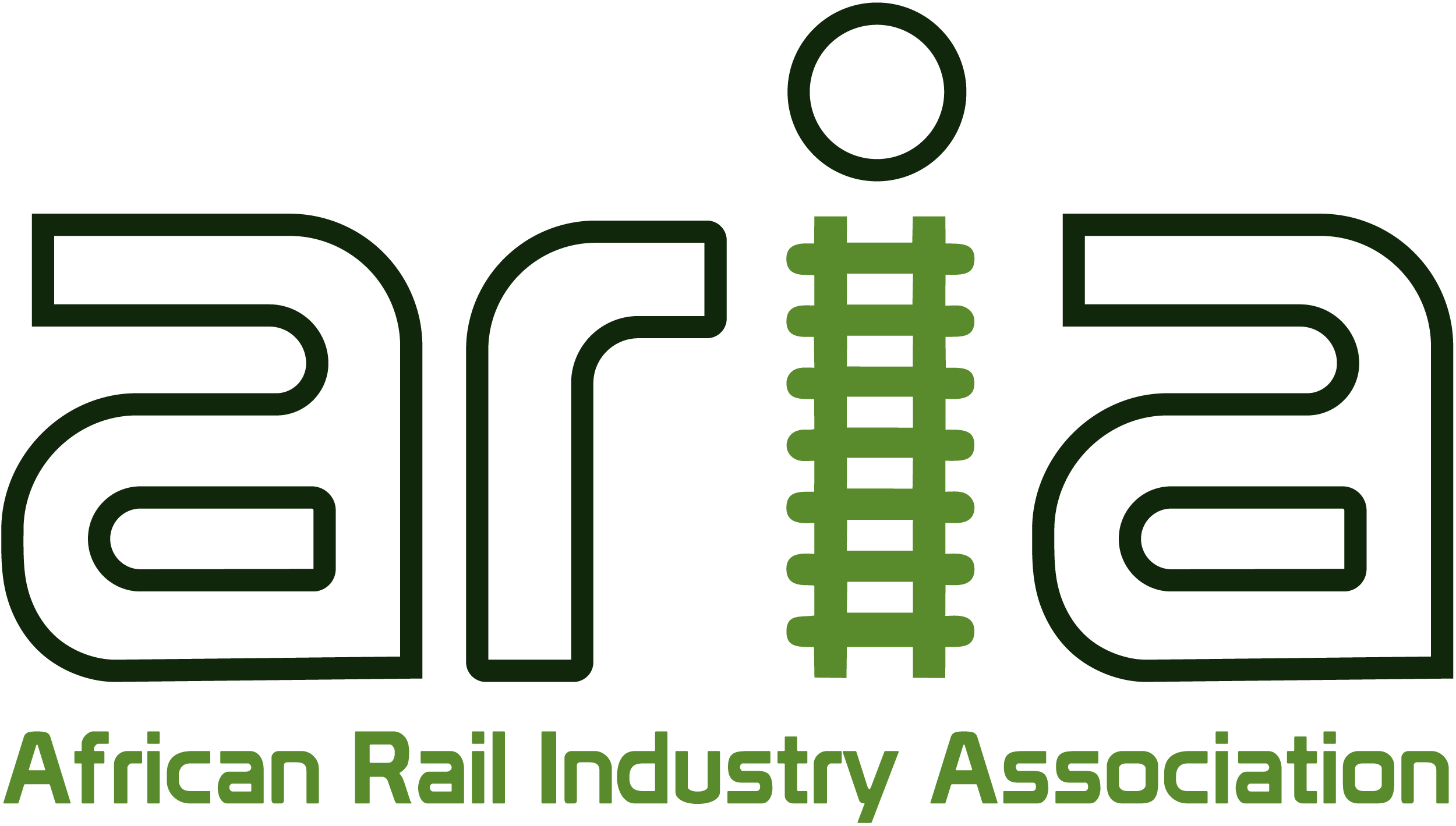
Transport Minister Barbara Creecy has welcomed a decisive step toward reform and revitalisation within the country’s freight rail sector, with the announcement of new private entrants onto the Transnet rail network.
Speaking in Pretoria on Friday, Creecy said this was a significant step in the department’s rail reform journey. It would ensure open access to freight rail while retaining state ownership of infrastructure.
“Today’s announcement is not just about the allocation of rail slots, it is a step toward a future where our railways drive economic growth, job creation and sustainability. We will also be incrementally enhancing our regulatory framework to ensure that the slot allocation process is guided by certainty and responsive to our rail reform programme,” Creecy said.
The minister revealed that 11 train operating companies (TOCs) have been conditionally approved to operate on six key corridors, marking the first tangible outcome of the government’s third-party access programme.
The initiative stems from Cabinet’s approval of the National Rail Policy in March 2022, which opened the door for private sector participation on the Transnet network.
The reform was further entrenched in December 2023 when Cabinet adopted the Roadmap for the Freight Logistics System, mandating the Interim Rail Economic Regulatory Capacity to oversee consultations on Transnet’s draft Network Statement.
That statement, published on 20 December last year, outlined the terms and conditions for third-party access, including tariff structures.
Applications for slots opened the same day and closed at the end of February.
According to Creecy, the evaluation process was “rigorous and fully compliant with the principles of fairness and transparency”.
Of the 25 TOCs that applied, 11 have met the required standards and will proceed to negotiations and contracting.
Collectively, they have been granted access to 41 routes across six corridors.
In the North Corridor, six new entrants have been given 15 routes for coal and chrome; in the Iron Ore Corridor, there is one new entrant with one route for iron ore; and in the Cape Corridor, two new entrants have been given two routes for manganese.
In terms of the Northeast Corridor, six new entrants were granted 16 routes covering coal, chrome, magnetite, fuel and containers; in the Central Corridor, one new entrant was granted two routes for coal and manganese; and in the Container Corridor, four new entrants were granted five routes for containers, coal and sugar.
Creecy said these companies were expected to move an additional 20 million tonnes of freight annually from the 2026/27 financial year.
This volume will supplement Transnet Freight Rail’s projections and contribute to the government’s target of transporting 250 million tonnes per year by 2029.
The minister highlighted that the policy framework encouraged rolling stock investment, both by operators and leasing companies, with the potential to unlock as much as R100 billion in new capital flows.
“This will not only revitalise rolling stock but also ensure job retention and create new employment opportunities,” Creecy noted.
Each successful applicant will receive a conditional award letter outlining key compliance requirements.
These include securing permits from the Railway Safety Regulator, ensuring rolling stock readiness, arranging port offloading capacity and addressing other operational prerequisites.
Slot allocations will range from one to 10 years, depending on route and corridor conditions.
Transnet Rail Infrastructure Manager will open applications for ad-hoc slots under the current 2025/26 timetable next week, allowing additional or new routes to be considered.
Meanwhile, the Department of Transport will soon announce the publication date for Volume 4 of the Network Statement, which will cover applications for the 2026/27 timetable.
Creecy emphasised that the government would continue refining its regulatory framework to provide certainty and predictability for both state and private operators.
“We will be incrementally enhancing our regulatory framework to ensure that the slot allocation process is guided by certainty and responsive to our rail reform programme,” she said.
The opening of the rail network to private companies marks a watershed moment in South Africa’s efforts to overhaul its freight logistics system, which has long been hampered by inefficiencies, declining capacity and high costs.
By diversifying operators and enabling competition, the department hopes to lower transport costs, attract new investment and shift more cargo from road to rail, with environmental as well as economic benefits.
The minister outlined the benefits of third-party access including improving utilisation of the network, reducing unit costs by involving more operators, increasing revenue for reinvestment and boosting rail’s competitiveness as an environmentally friendly mode of transport.
The African Rail Industry Association (ARIA) has welcomed the announcement.
“For years we have talked about reform. Today, we can hear it. It is the sound of new wheels on steel, and it is the sound of our economy getting back on track,” ARIA CEO Mesela Nhlapo told Inside Politics.

